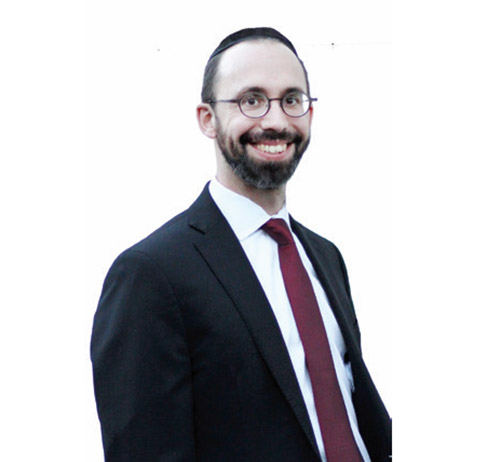
It’s not surprising to find our parsha reflecting the period we find ourselves in now, the Three Weeks, as we are contemplating our 2,000-year exile and why it’s taking so long to end. Let’s examine the parsha closer to glean a few insights into our path to geulah!
The tribes of Reuven and Gad were blessed with huge quantities of cattle for which they needed suitable grazing areas. They approached Moshe to request that their portion or inheritance be east of the Jordan River, instead of inside Eretz Yisrael proper. It seems the land in the east was particularly fertile and well-suited for cattle. A heated dialogue began, as Moshe thought their request would lower the morale of the people, who were about to enter the front lines of battle to conquer Eretz Yisrael.
But Gad and Reuven quickly replied this was not their intention! Indeed, they would be the vanguard of the people at the very front of the troops entering the land, and would not return home (to the East) until the job was done! This took a full 14 years to accomplish.
Looking closer at this exchange, a couple of interesting insights come out. Moshe did not once mention that he was upset at their request to switch their portion in Eretz Yisrael for land “over the Jordan.” Another perplexing point is, why did they care so much about grazing their livestock? After 40 years of living from the hand of Hashem, weren’t there more elevated priorities to consider?
Rav Dessler explains that Hashem gives each person a portion in life that directly supports his or her unique mission. Gad and Reuven understood that if they were blessed with all this livestock and wealth, then they obviously were responsible to ensure they use these materials things well. Moshe Rabbeinu understood this clearly and did not even need to consult with Hashem because this was their tafkid (purpose).
However, Rashi quotes the Midrash Tanchuma, which takes issue with the language used by the tribes of Gad and Reuven. They told Moshe, “We will build corrals for our sheep and cities for our children” (32:16) to house them until the men return from war. The Midrash notes the placement of their livestock/possessions before their children. To this, the Midrash says, “The heart of the fool is on the left—these are the sons of Gad who made the tafel ikar and the ikar tafel (the secondary primary and the primary secondary). They were more concerned with their possessions than their children.”
This is what Shlomo Hamelech was referring to when he wrote, “They hurried to receive their lot first, but in the end they will have no blessing” (Mishlei 20:21). The tribes of Gad and Reuven were hasty in their request for land. Their hastiness is apparent in their placement of their animals before their children, and so they will have no blessing in their lot—they will be the first of the tribes to be exiled. Indeed, the tribes of Gad and Reuven were exiled close to 200 years prior to the exiles of the rest of Bnei Yisrael!
Every one of us has responsibilities in life, but we need to keep our priorities straight. The tribes of Gad and Reuven assumed tremendous responsibility for helping others. They understood the need to encourage and support klal Yisrael in conquering Eretz Yisrael. They also understood their own responsibilities to their families. However, one of the greatest challenges is knowing how to prioritize those sometimes conflicting responsibilities.
The crux of the matter was that their possessions were a gift of Hashem and a great blessing, but their families were an even greater priority. Their inappropriate emphasis on possessions before children led to their being punished with exile first.
Exile truly challenges our sense of priorities. Will we keep our own Torah-given priorities front and center, or exchange them for the values of the nations and cultures in which we live? Will our family come before our money and job, or will we place the dollar before our children? For Gad and Reuven, they walked a delicate tightrope. They understood their possessions were part of their service to Hashem, but they were incorrect in putting them before their own children.
Our constant challenge—and opportunity—living in the world today is to clearly show our families the priorities set forth by the Torah and our talmidei chachamim. The outside world will respond in kind with different priorities, but our road to geulah (redemption) is to be steadfast in keeping the ikar before the tafel (the primary before the secondary).
By Rabbi Baruch Bodenheim
Rabbi Baruch Bodenheim is the associate rosh yeshiva of Passaic Torah Institute (PTI)/Yeshiva Ner Boruch. PTI has attracted people from all over northern New Jersey, including Teaneck, Bergenfield, Paramus, Rockaway and Fair Lawn. He initiated and continues to lead a full multi-level gemara learning program in the evenings, gives halacha and hashkafah shiurim on Shabbat and, more recently, has spread out beyond PTI to begin a weekly Beit Medrash program with in-depth chavruta learning in both Livingston and Springfield, New Jersey.








